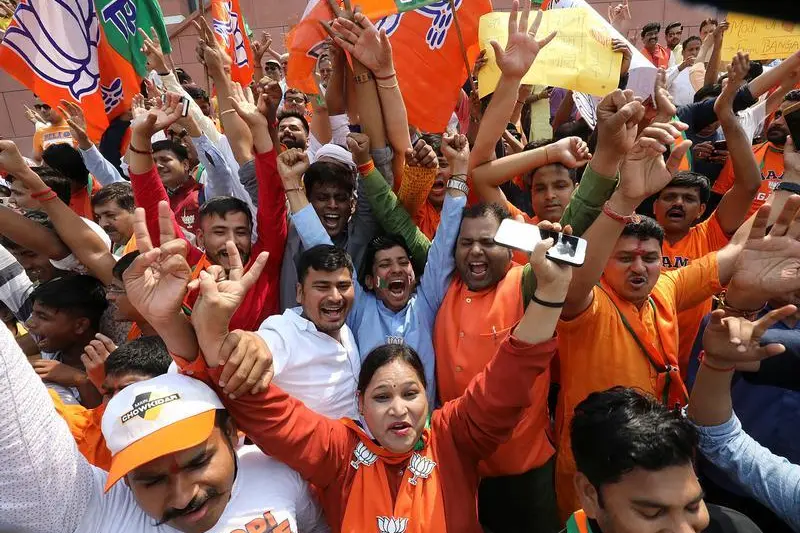PHOTO
While India and the UAE have enjoyed long-standing cultural relations, these ties have become much stronger on the back of enhanced intergovernmental cooperation beginning with the state visit of Indian Prime Minister Narendra Modi in 2015 and the return visit of His Highness Sheikh Mohamed bin Zayed Al Nahyan, Crown Prince of Abu Dhabi, Deputy Supreme Commander of the UAE Armed Forces.
This is also reflected in the economic relationship between the countries with India being the largest trading partner for the UAE and major UAE entities including the Abu Dhabi Investment Authority, DP World and ADNOC announcing major investments in India.
Over the last few years we have seen these ties further strengthen with collaboration across multiple fronts including defence, energy and food security, information technology and so on.
Bilateral cooperation
Under Narendra Modi the relationship between India and the UAE is perhaps the strongest and evolving into a truly strategic partnership. We have seen multiple areas of bilateral cooperation between the two countries ranging from energy security, food security, defence, culture trade and FDI.
The bilateral trade target of $100bn by 2020 set by the leaders from both countries is a significant step in trade relations. Similarly, the new landmark agreement in February 2018, to conduct trade directly in local currencies eliminating the need for US dollars, would also significantly boost trade between the countries.
The fact that the UAE has conferred the Zayed Medal on Mr Modi is a reflection of the immense contributions he has made in advancing the relationship between the countries.
Cutting down bureaucracy
The many reforms introduced by the Modi government clearly resonates with the Indian Diaspora across the globe and this trend is set to continue. The needs of NRIs primarily revolve around hassle free administration, governance and pro-investment initiatives.
The Modi government has successfully delivered by cutting down bureaucracy in administration and bringing more transparency in the process. For instance, look at how transparent the passport and visa related processes are today compared to previous years.
Similarly, a series of reforms have been introduced that have eased restrictions thereby encouraging NRI investment in the real estate sector. Additionally, initiatives such as 'Make in India' and 'Startup India' have attracted NRI investments in India all of which has been made possible on account of the good governance and vision shown by the government.
Strengthening Brand India
My heartiest congratulations to the Narendra Modi government in winning the elections. Honestly the results are not surprising and clearly showcase the strong performance of the government on multiple fronts.
The NDA government's infrastructure push and its efforts to strengthen Brand India is one of its biggest achievements. The resounding mandate will also ensure continuance of ongoing reform measures and unhindered policy decisions.
In the latest estimates, IMF expects the Indian economy to retain its place as the fastest growing major economy over the next three years and under PM Modi's leadership, we are well positioned to achieve the various developmental goals
Inclusive growth
Modi has on several occasions announced his vision to grow the Indian economy five-fold by 2040. Broadly the growth we foresee should be an inclusive one with both traditional and well as emerging sectors experiencing a positive impact.
In its previous term, the Modi government initiated a number of initiatives across energy, agriculture, healthcare, manufacturing, IT and MSME's. Again, like the previous term, the new government should be expected to continue with this.
Healthcare will be another major push for the government with initiatives such as Ayushman Bharat and increased collaboration with private players to build out healthcare infrastructure.
Copyright © 2019 Khaleej Times. All Rights Reserved. Provided by SyndiGate Media Inc. (Syndigate.info).





















